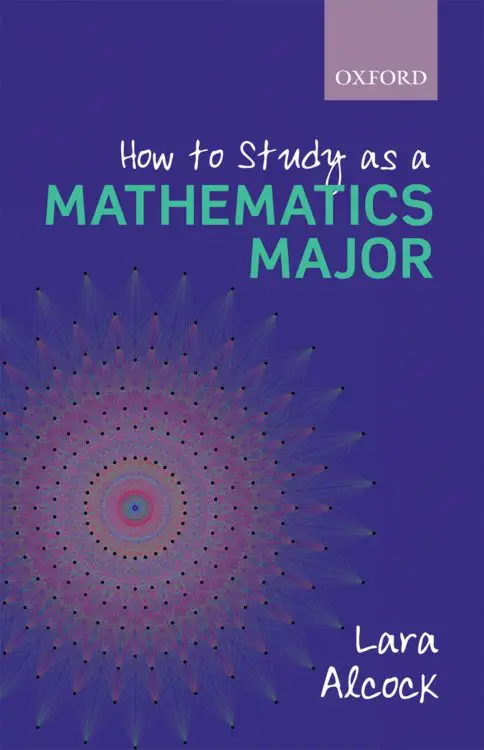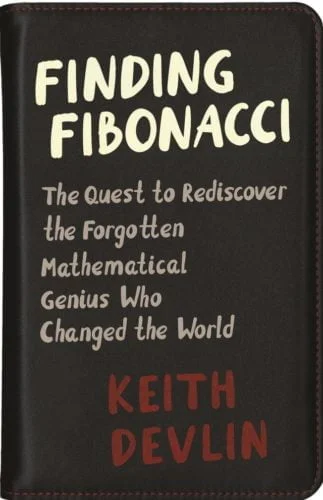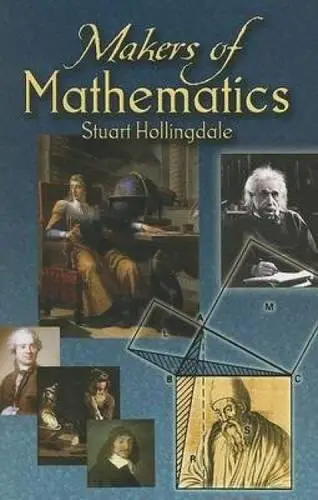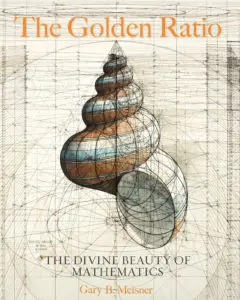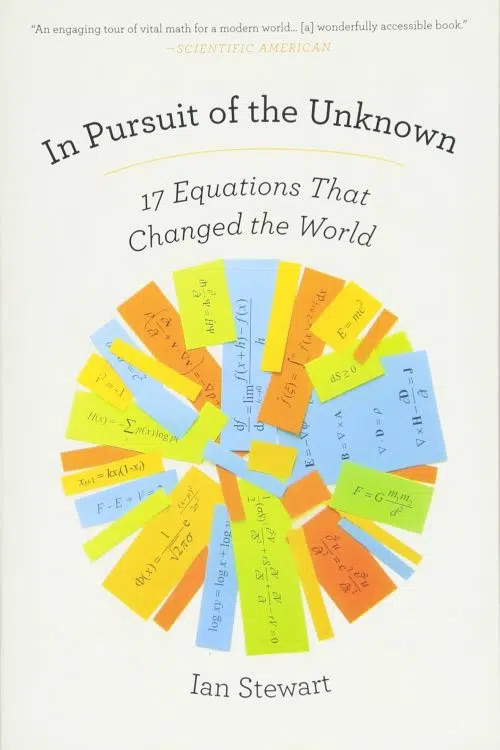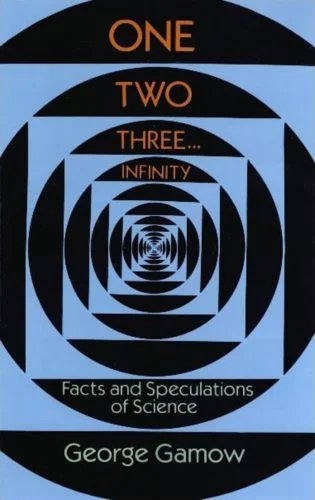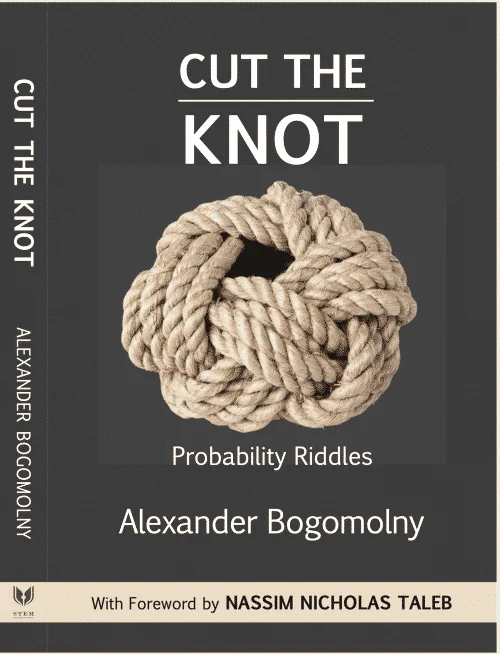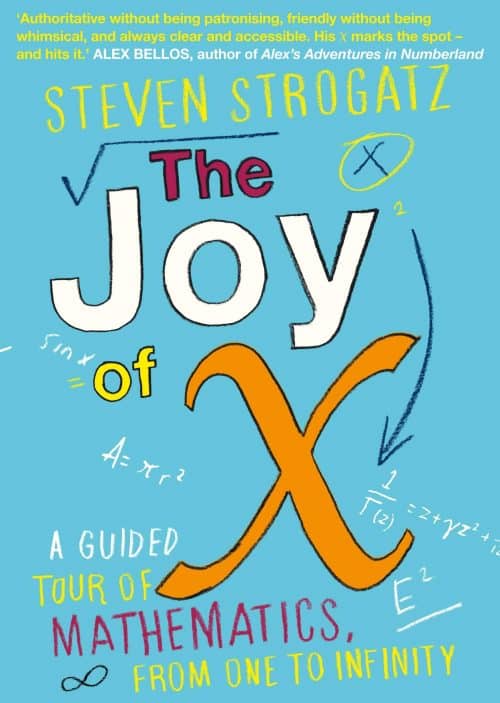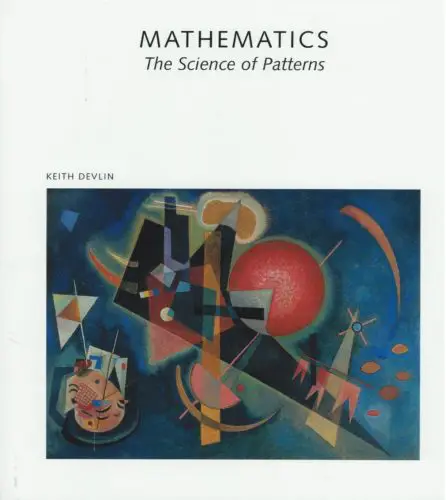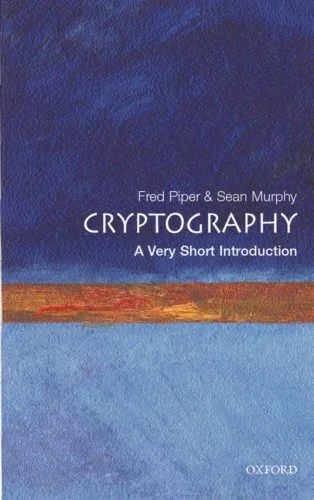“In the past, many of the most significant mathematical ideas came from challenges that were purely amusing. This book makes use of the idea that students can learn how to think critically by employing games, riddles, and problems from recreational mathematics. The book focuses less on mathematical findings but on how these insights might be applied to thinking about problems and fixing them, encouraging active engagement rather than passive observation.
The problems in each chapter cover a wide range of topics, including logic, number and graph theory, two-player strategic games, solitaire games and puzzles, and much more. Exercises test readers’ problem-solving skills while sample problems (which are solved in the text) whet readers’ appetites and spur conversation. Practice problems help readers understand mathematical concepts. Appendices provide details on fundamental algebraic operations and mathematical inductions, and other useful addenda provide solutions to some problems as well as tips and solutions. This Dover version includes a sizable probability supplement for the first time. On the Dover website, a free solution manual is available for download.”



